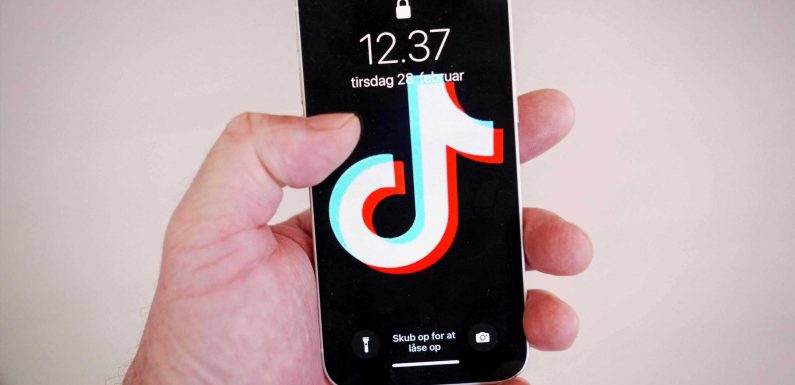
BRITS do not need to delete TikTok accounts but should be aware of how much of their data China is harvesting, a minister said today.
The app’s owner is subject to national security laws that require companies to share data with China’s government.
Oliver Dowden told BBC’s Sunday with Laura Kuenssberg: “Many viewers may not quite know how much data is being hoovered up, be it geolocation, contacts.
“I think the balance we've struck is the right one, given the sensitive nature of government information”.
He added: “Just be cautious, be aware of the amount of data being harvested.”
“We live in a free country and people should be able to make their own choices, but they should make an informed choice about the amount of data that is available there.”
READ MORE POLITICS
It would be a blessing for migrants to go to Rwanda, says Suella Braverman
Boris Johnson to reveal ‘defence dossier’ ahead of partygate showdown
BBC staff have been told to delete the app from business phones.
This week, the Government told ministers and civil servants to wipe it — following countries such as the US and Canada.
The US government confirmed earlier this week that TikTok faces a country-wide ban – unless it is sold to a different company.
Earlier this month, the European Parliament, European Commission, and the EU Council – the three top EU bodies – also all imposed bans on TikTok on staff devices, citing cybersecurity concerns.
Most read in News

Gregg Wallace quits BBC series and admits 'it's not easy'

Legendary band to reform and release first album in 30 years

Princess Kate and Prince William share family photos to mark Mother's Day

Neighbours and film actor, 66, found dead at beach in Australia
The app, currently owned by Chinese technology giant ByteDance, has amassed more than 1billion users worldwide since it launched six years ago.
It became particularly popular and a source of entertainment for many during successive Covid-19 lockdowns, beginning in 2020.
Source: Read Full Article


